Rethink the Approach for a Sustainable Digital Future
Artificial Intelligence (AI) stands as a crucial catalyst for a sustainable digital future. However, to successfully achieve our climate objectives and ensure a sustainable future, we must redefine our strategies for ongoing development.
PC: Kenny Eliason, Unsplash
When reports, such as this article from AP News, highlight the substantial water consumption associated with the construction of AI models like ChatGPT in regions already grappling with dryness and drought, it raises concerns about responsibility and prudence.
Microsoft asserts its commitment to monitoring emissions, accelerating progress, and increasing the use of clean energy to power data centers. They also pledge to purchase renewable energy and undertake various initiatives to achieve sustainability goals, including becoming carbon negative, water positive, and achieving zero waste by 2030. However, clinging to the status quo will not suffice.
PC: Linus Nylund, Unsplash
At T.Loop, we recognize past mistakes and approach colocation and sustainability with a fresh perspective. Each data center within our network operates as a thermal power plant, efficiently heating the facility where it resides. Moreover, T.Loop offers the flexibility to customize data centers according to the unique requirements of individual or multiple customers, optimizing capacity accordingly.
Cross-Sector Integration: We firmly believe that fostering collaborations across diverse industries is essential to combat CO2 emissions originating from IT loads. Partnerships among colocation customers, real estate owners, and energy companies play a pivotal role in making a significant impact on emissions reduction.
Energy Circularity – Using Less is Greener: Our sustainability strategy revolves around three core principles. First, we aim to reduce daily energy consumption by investing in cutting-edge green technologies that achieve the same tasks with reduced energy usage. Second, we promote interconnectivity between data centers, buildings, and processes to efficiently harness energy synergies. Finally, we advocate for the replacement of fossil fuel-based power sources with electricity, moving closer to a net-zero emissions scenario.
Decarbonizing IT: Information technology plays a pivotal role in reducing emissions by automating control and introducing innovative applications that enhance workflow efficiency. In Europe, data centers currently dispose of an astounding 87 TWh of excess heat, often leading to environmental harm due to limited alternative solutions. T.Loop adopts a different approach by integrating our Data Energy Center® into facilities to effectively reuse excess heat, thereby minimizing environmental impact. By leveraging fuel cells, we can reduce CO2 emissions from 70% to beyond net-zero emissions, compared to conventional data centers.
AI undoubtedly holds the key to a sustainable future. However, this potential can only be fully realized when AI is developed within the framework of innovative, sustainable data centers.


